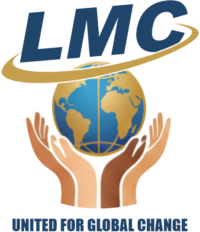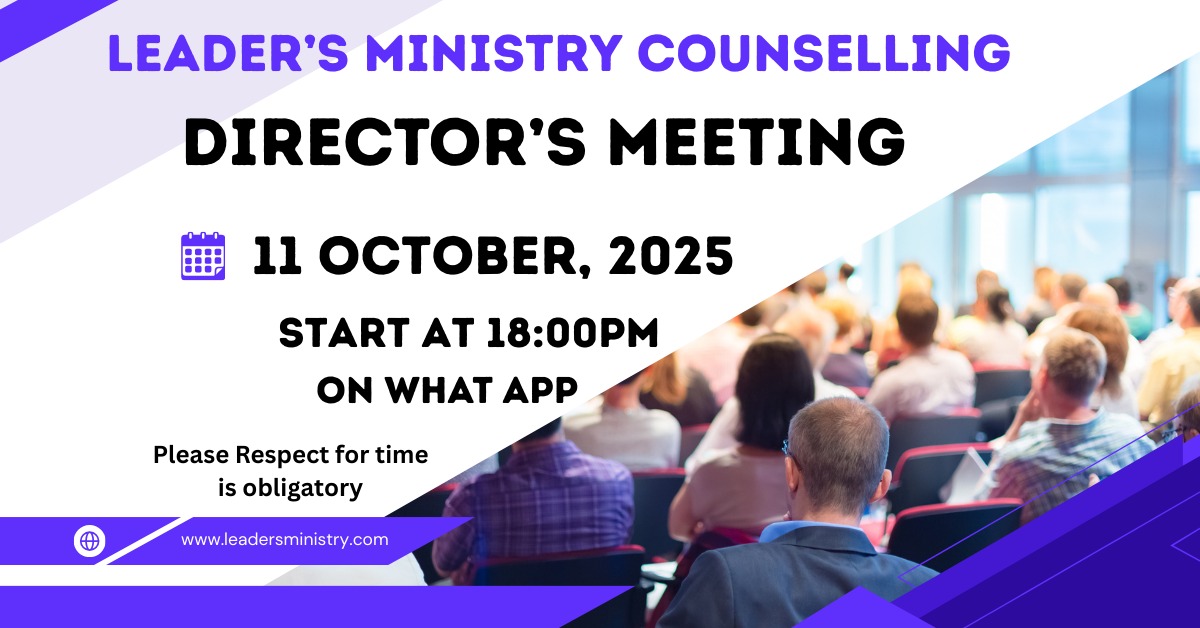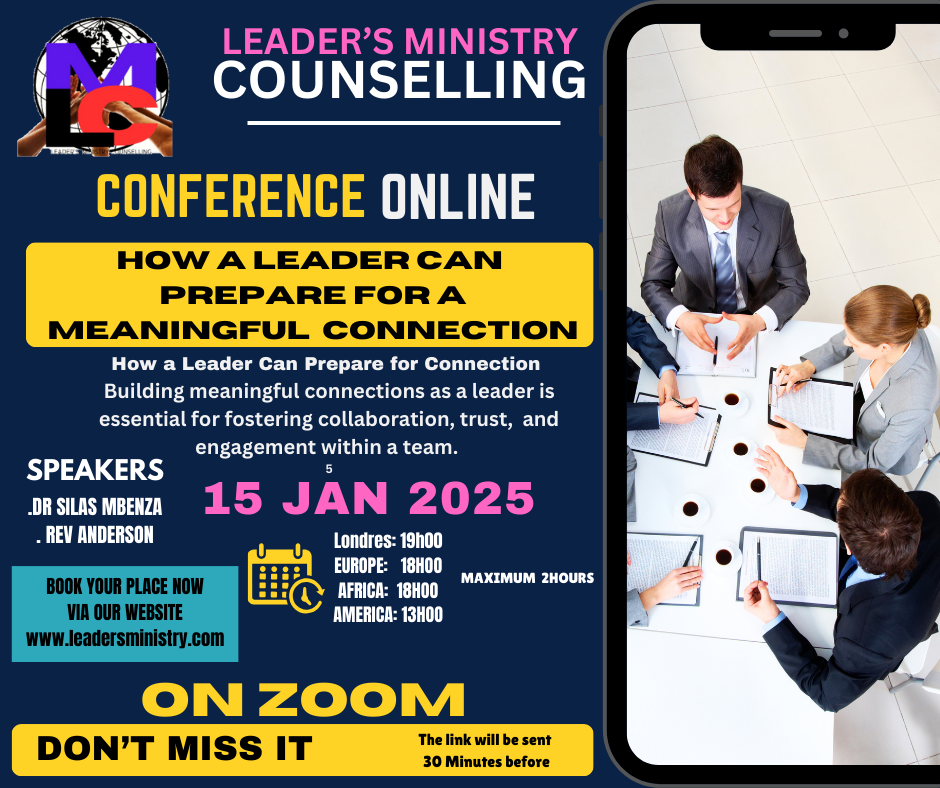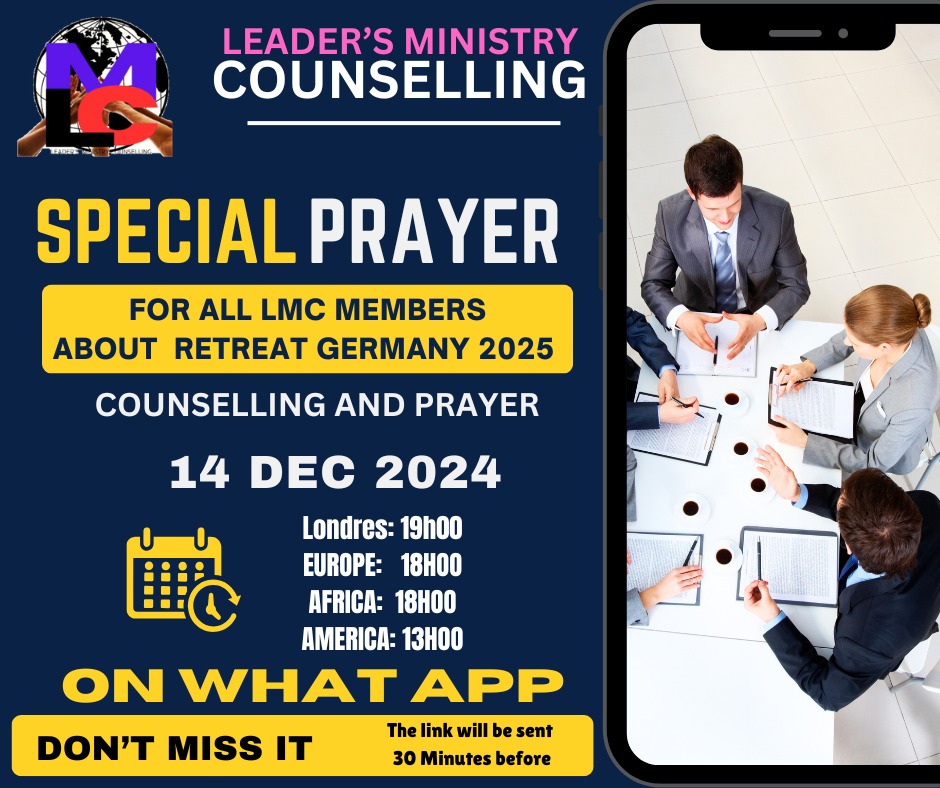HOW TO PROTECT YOUR MINISTRY
Page 1
Page 2
Page 1
Introduction
Serving as a minister is a role of great responsibility and leadership, with the potential to significantly impact the lives of individuals, communities, and society as a whole. Protecting your ministry ensures its integrity, longevity, and positive influence. Here are key steps to protect your ministry effectively:
1. Uphold Personal and Professional Integrity
2. Establish Clear Governance and Structures
3. Communicate Effectively
4. Foster a Culture of Accountability
1. Uphold Personal and Professional Integrity
- Maintain high ethical standards: Adhere to strong moral and ethical codes in all aspects of your ministry, as your personal actions reflect on your role and institution.
- Transparency and accountability: Ensure all actions, decisions, and the use of funds are transparent, documented, and open to appropriate levels of scrutiny.
- Be authentic and trustworthy: Consistency in word and deed builds trust within the community and sets a positive example for others.
2. Establish Clear Governance and Structures
- Develop sound policies and procedures: Create and follow robust protocols, including codes of conduct, decision-making processes, and financial management guidelines.
- Delegate effectively: Empower trusted team members, allowing them to take responsibility in areas where they can excel while ensuring appropriate checks and balances are in place.
- Seek legal advice: Engage with legal professionals to ensure compliance with relevant laws and regulations
3. Communicate Effectively
- Open lines of communication: Ensure regular, open dialogue with your congregation, team, and stakeholders. Keeping them informed fosters loyalty and reduces misunderstandings.
- Address grievances promptly: Take complaints seriously and resolve them swiftly and fairly to prevent escalations and protect the reputation of your ministry.
4. Foster a Culture of Accountability
- Regular evaluations: Conduct self-assessments and seek external reviews of your ministry’s effectiveness, seeking constructive feedback to identify strengths and areas for improvement.
- Financial audits: Engage independent auditors to review your finances regularly. Clear and transparent accounting builds trust and protects against misuse or accusations of mismanagement.
Page 2
5. Build Strong Community Relationships
6. Protect Your Ministry from Scandal
7. Prioritise Safety and Wellbeing
8. Continually Improve and Adapt
Conclusion
By focusing on integrity, transparency, accountability, and meaningful relationships, you can protect your ministry, ensuring that it remains a source of strength, support, and positive influence. Effective leadership and a proactive approach will sustain your ministry’s impact and legacy for years to come.
- Engage in community outreach: Stay connected and involved with your community to better understand their needs, foster goodwill, and maintain relevance.
- Collaborate with other organisations: Partnering with reputable groups and institutions can strengthen your ministry’s reputation and enhance its ability to serve.
6. Protect Your Ministry from Scandal
- Be cautious in interactions: Always exercise prudence in relationships and public interactions, avoiding situations that could be perceived as compromising.
- Train your team on ethics and boundaries: Make sure all members of your team understand their ethical obligations and the standards of behaviour expected.
- Prepare a crisis response plan: Have a plan in place for managing crises or accusations quickly, respectfully, and transparently.
7. Prioritise Safety and Wellbeing
- Safeguarding policies: Ensure the welfare and protection of vulnerable individuals is a top priority, with well-publicised safeguarding measures in place.
- Mental and physical wellbeing: Foster an environment where members and staff feel valued and supported, encouraging a holistic approach to health and wellbeing.
8. Continually Improve and Adapt
- Seek professional development: Stay informed on best practices, attend relevant conferences, and pursue learning opportunities to develop your leadership and operational skills.
- Embrace innovation: Adapt to technological changes and evolving societal needs while maintaining the core values of your ministry.
Conclusion
By focusing on integrity, transparency, accountability, and meaningful relationships, you can protect your ministry, ensuring that it remains a source of strength, support, and positive influence. Effective leadership and a proactive approach will sustain your ministry’s impact and legacy for years to come.





